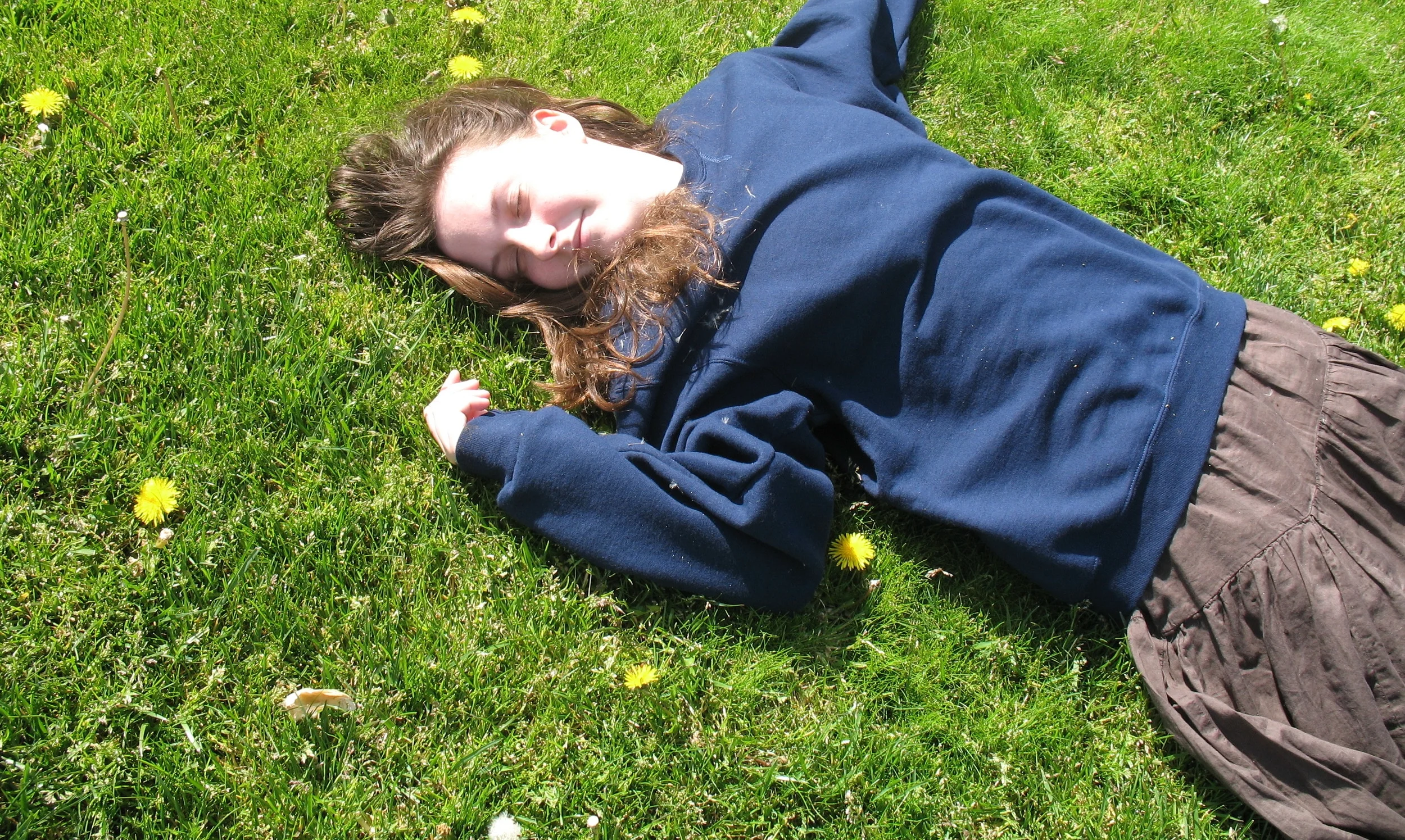Remembering Reading (October 12, 2014)
/I miss reading.
In high school, we "read" for specific repeated words and themes pre-fed to us on sheets covered in course through-lines. Every book margin must be scribbled on with symbols and questions so we can fit an author's words into neatly, perfectly-punctuated quote sandwiches in an essay at the end. We do not read for the words — we read so we can analyze letters that some tired writer decided to throw on a page at 4am.
On standardized tests, we "read" to answer questions about how the test takers see the world. We box proper nouns so we can skip back to them once we see those nouns in the questions following a passage. We underline important verbs to make sure we don't (God forbid) interpret the text differently than the narrow-minded few who wrote the test, because demonstrating our ability to mimic their interpretation is part of how colleges measure intelligence.
This is not what I used to do when I "read." I used to love reading. Books helped me unravel the mysterious web of the world. I'd let words wash over me and transport me to different lives. I could be anything, from a wizard to a girl growing up in the United States in the 1940s.
Books were about living, and learning, and loving.
But apparently this is no longer "reading." Reading is no longer about exploration, or joy, or discovery — it's about mindless conformity to systems. And I don't like this new type of reading. I want to go back to a time when I could read books to explore the world, where a passage wasn't intended to trick me into thinking something "wrong" but was instead intended to take my mind on a journey to a place unexplored.
We are forgetting what it means to read. We are forgetting why we have books.
Now I see what I never thought I would as a child: why so many people say they don't like books. Because I fear I'm becoming one of those people, falling into a mind-numbing system that seeks to remove every ounce of joy and moment of wonder that made books the magical thing they were to me when I was younger.
And I don't know how to change that other than to try to cling to memories of the type of reading I miss: reading that takes me through new lands and into new lives.


